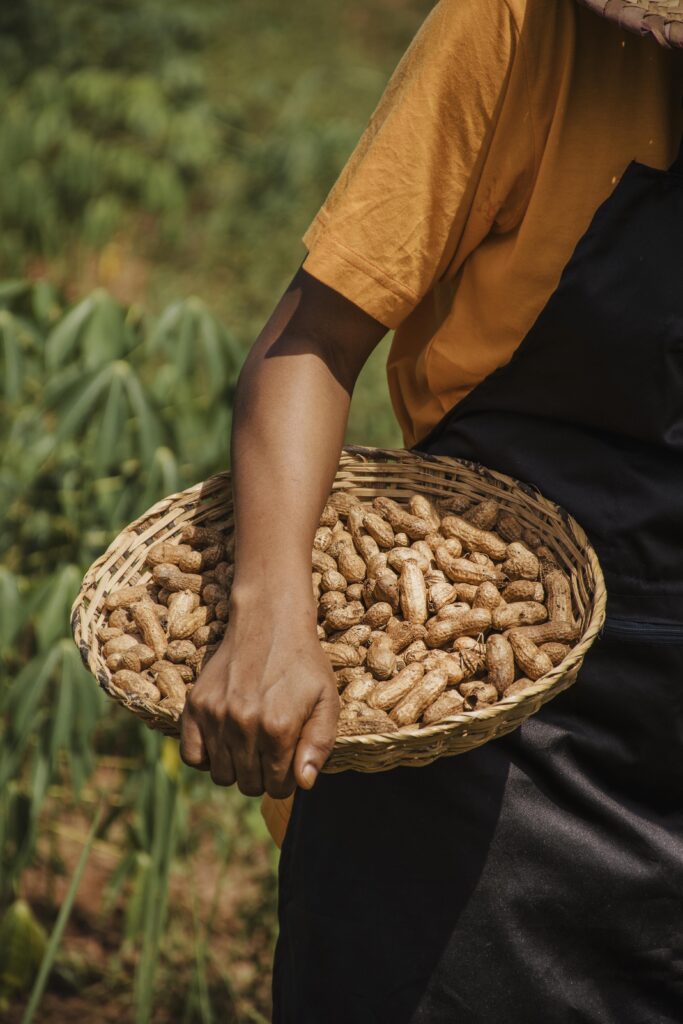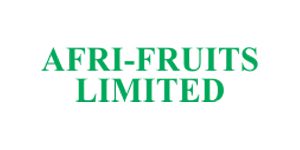Cashew nuts, the crescent-shaped seeds beloved for their rich, buttery flavour, are a lucrative crop with immense potential for economic growth in Africa.
The continent boasts the largest share of global cashew production, accounting for a staggering 58% in 2022, according to West Africa Trade & Investment Hub. However, a significant portion, around 90%, of these nuts are exported raw, leaving the economic benefits of processing and
value addition largely untapped.
What’s so special about this fruit?
To most Africans living in tropical regions, the Cashew tree is one of the most exuberant and prevalent trees. A popular tree for many reasons including the shade it provides and its ease of cultivation. Cashew, which is valued both in its fruit form and in its nut form has skyrocketed into one of the most desired and sought after crops globally. Its dietary values are truly impressive- low in sugar, rich in fibre, healthy fats, and a source of copper, magnesium and manganese- all vital nutrients important for immunity, and brain and bone health.. And you require just a handful of cashews every day to cash in on all its dietary benefits.
The Ludicrous Numbers
Cashew, which is available across 20 Nations in Africa, is one of the scores of crops with much untapped potential. The continent’s total output represents 59% of the global cashew harvest.
Cote D’Ivoire, which leads the majority of producers and harvesters is followed by Tanzania, Mozambique, Kenya, Ghana and Nigeria (in no particular order).
In 2019, Cote D’Ivoire was the world’s 3rd largest producer of Cahsew 731, 000 tonnes, less than a third of Vietnam’s 2.6 million tonnes. Since 2022, Cote D’Ivoire has surpassed those figures, currently harvesting more than a million tonnes of cashew.
But the potential does not exist only in its harvesting, no, the real margins can be found in its processing. Which, across a majority of the harvesting countries, is considered as the main struggle. The sad truth is that small and large players are not incentivized enough by government schemes to establish processing factories. This is besides the exorbitant initial capital investment needed to set up even the most elemental processing plants, businesses require incentives including credit guarantees, subsidies, tax exemptions and trade zones…
The case in Africa has been an unfortunate one, as most of the Cashew grown across Africa is exported in its raw form leaving very low margins for farmers.
So what is the silver lining here?
Potential!
The ease of cultivating the cashew tree means that even small-scale farmers can increase the quantity and maximize available land thanks to new methods of planting as practised and trained by one of the leading experts in Cashew planting in West Africa, Afri-fruits LTD.
The African Cashew vs the ‘Global’ Cashew

But African-grown cashews are not new to the global markets, so why then did the Food and Agriculture Organization value the African-shelled cashew in 2019 at $3000/ ton and the average global (Vietnam and India) at $6000/ ton? Well, it all has to do with the quality, or therein lack of, of processed Cashew kernels.
We explored the various reasons why doing business in Africa, including the cashew sector, can be a lucrative opportunity. By addressing the existing challenges and harnessing the available opportunities, Africa can unlock the true potential of its cashew industry, transforming it into a driver of economic growth and shared prosperity.









